FAQ: 2020 Farm Requirements
A detailed FAQ about the Rainforest Alliance 2020 Sustainable Agriculture Standard Farm Requirements.
Home / Business / Certification / Page 33
Certification has had a huge impact in bringing sustainability to the forefront of business thinking, but it must continue to evolve to provide more value to farmers and companies and ensure that people and nature can thrive in harmony.
That's why the Rainforest Alliance launched its new Certification Program, which entered into force in July 2021. The Sustainable Agriculture Standard, along with its assurance and technology systems, are data-powered, and based on the principles of continuous improvement, risk-based assurance, contextualization, and shared responsibility. This is how we can deliver more value to the two million farmers and thousands of businesses that use Rainforest Alliance certification to drive more sustainable agricultural production and responsible supply chains.
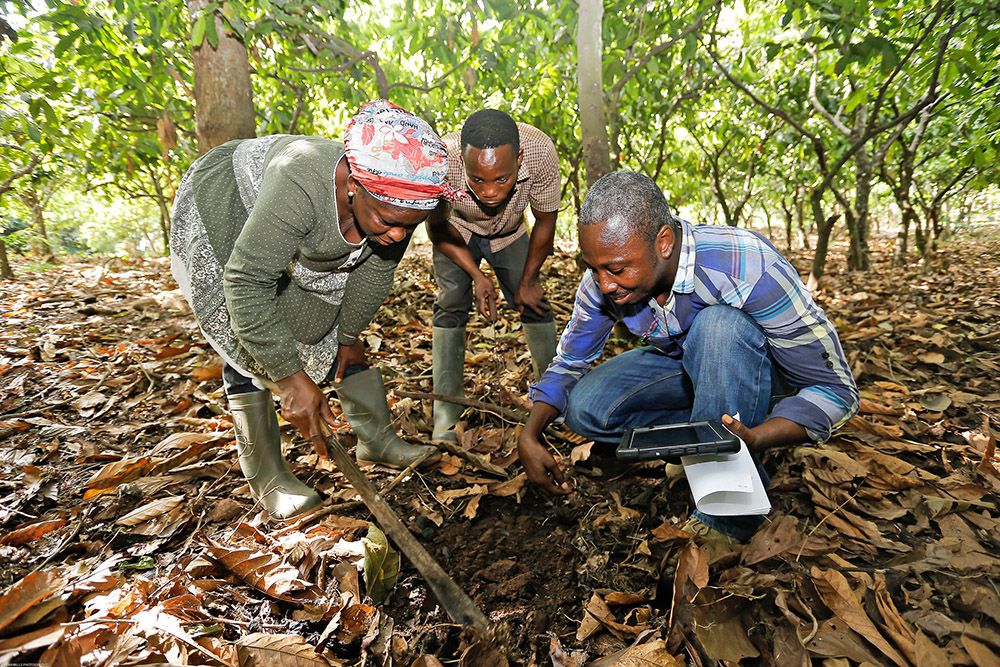
The certification program is part of the Rainforest Alliance’s strategy to drive sustainability at scale in the sectors in which we operate through interconnected interventions supporting certification, tailored supply chain services, landscapes and communities, and advocacy.
Key priorities of our cocoa strategy are assurance, shared responsibility, supply chain transparency, and profitability and resilience.
How we have tailored the implementation and verification of standards requirements on child labor and forced labor to the risk exposure of each farm.
Our shared responsibility approach aims to distribute benefits and costs of certification more evenly between farmers and companies.
Begin your journey of certification with the Rainforest Alliance.
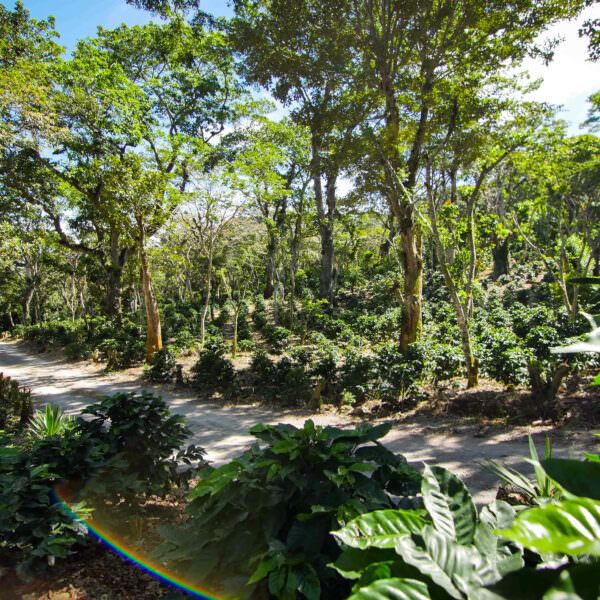
A detailed FAQ about the Rainforest Alliance 2020 Sustainable Agriculture Standard Farm Requirements.
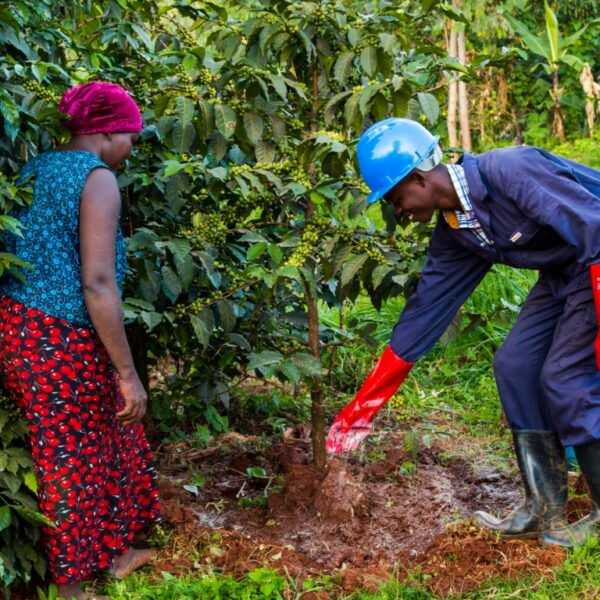
Find out what Ugandan coffee exporter, Kyagalanyi Coffee, had to say about the new program—from the improvements to the challenges.
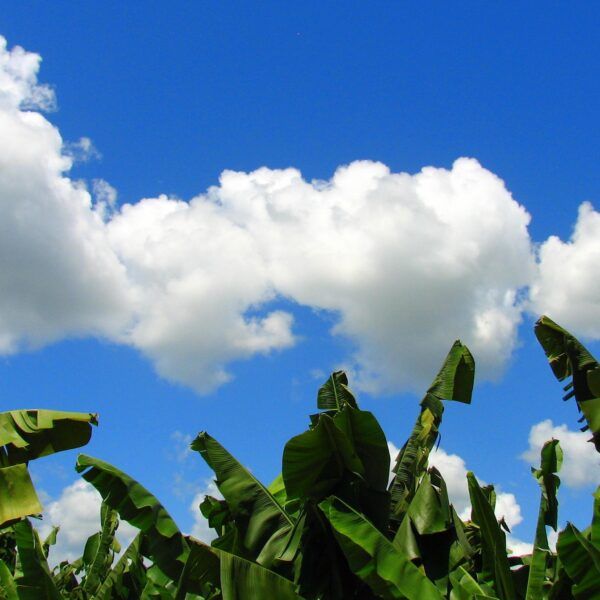
After teaming up for an early implementation pilot of our strengthened certification program, both Finca Esmeralda and the Rainforest Alliance took away learnings that will contribute to a more sustainable banana sector.
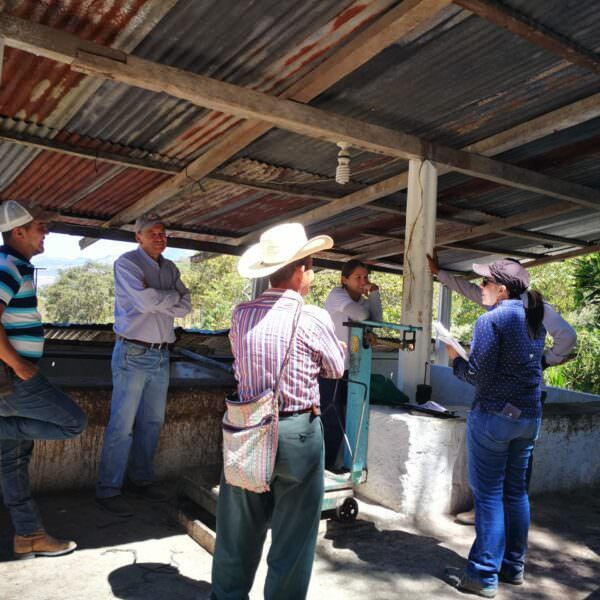
Rainforest Alliance certification is carried out by our authorized certification bodies. Find an authorized certification body in your county.

As outlined in the rules for Certification Bodies in the Cocoa Policy 2.0, Certification Bodies must comply with cost transparency requirements. The tool is a template which enables the Certification Body to break down the total certification cost and share it with Certificate Holders. It is mandatory for all certification offers made to farm Certificate […]

This guidance contains detailed instructions to complete the certification cost transparency tool. The tool is mandatory for all certification offers made to farm Certificate Holders by Certification Bodies in Cote d’Ivoire and Ghana.

This guidance brings further clarification to support Farm Certificate Holders and Certification Bodies (CBs) to determine when to transition to the new program and how to complete their transition process.

The Stakeholder Consultation Letter explains the process of a stakeholder consultation previous to an audit, when it is considered there is high risk of child labor, forced labor, freedom of association or labor rights violations. We request that the Certification Bodies consult stakeholders that are relevant to the matter to best understand the local context.

Accurate estimation of crop yields is important for the agronomic, entrepreneurial, and environmental benefits of the farm. Reliable harvest estimation enables producers and group managers to become better farm managers, helps guide in adopting sound agricultural practices, and brings transparency to the supply chain. In addition, having accurate numbers on certified volumes is essential for […]

Are you a farmer interested in getting Rainforest Alliance certified? Wondering what's involved? Here’s a simple guide to the steps in the process.... Continue Reading